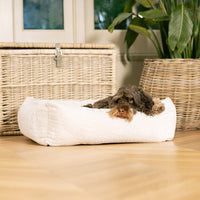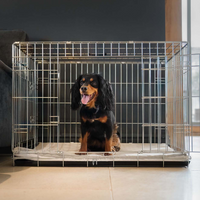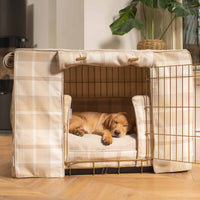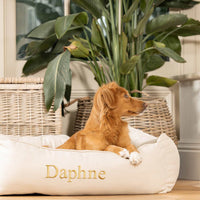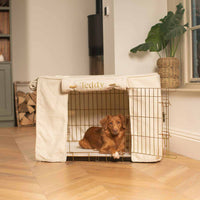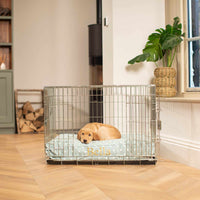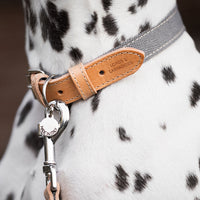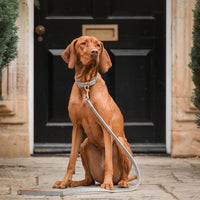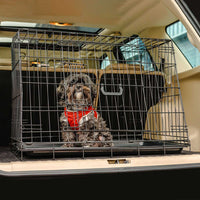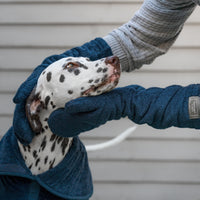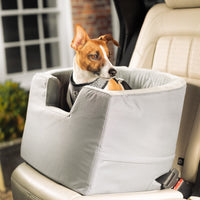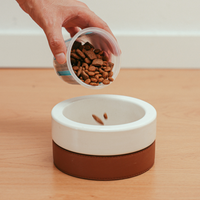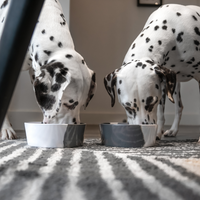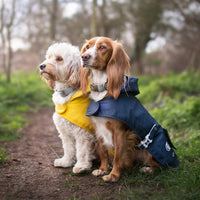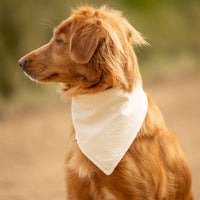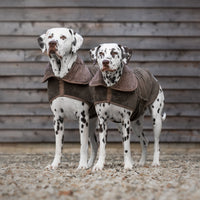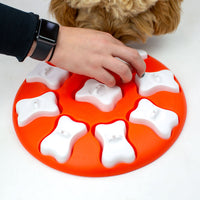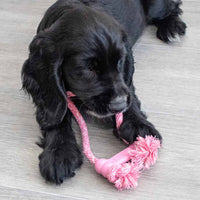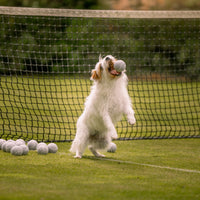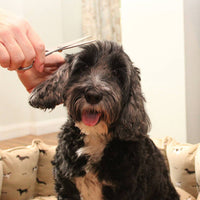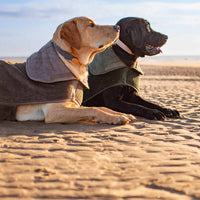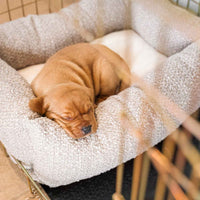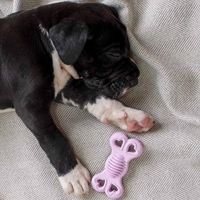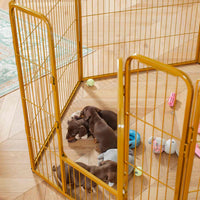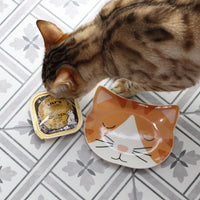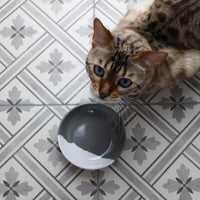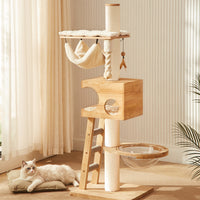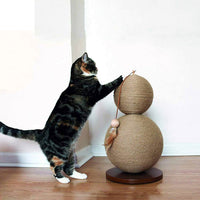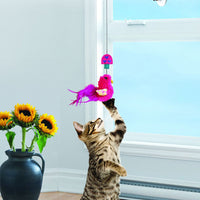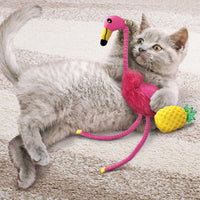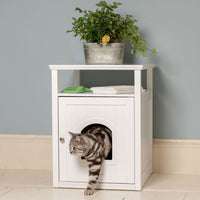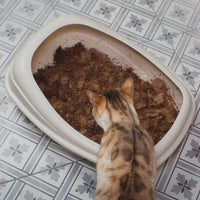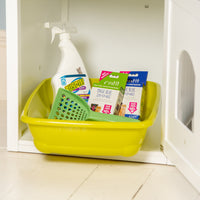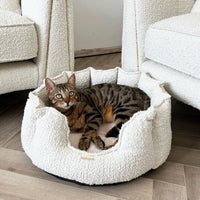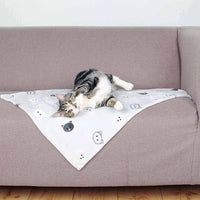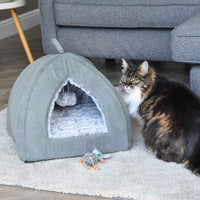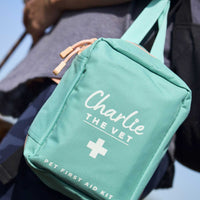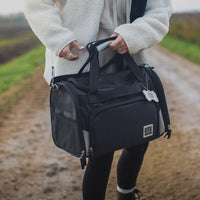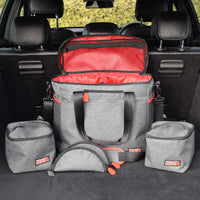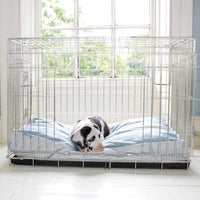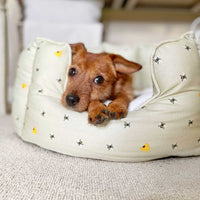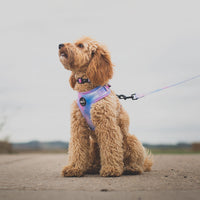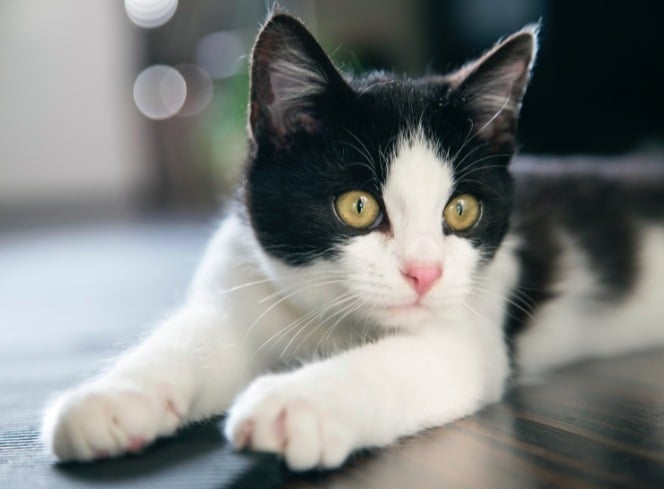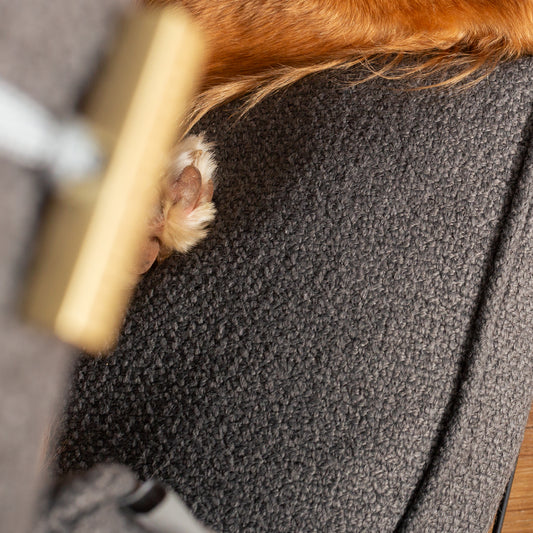Winter Safety Tips for Dogs
Keep Them Warm
This may seem obvious, but maintaining your dog’s body temperature is really important. Wrap them up warm when going out for walks - especially short and fine haired breeds, and make sure if they get wet that you quickly dry them as soon as possible. Keeping a drying coat in the car when travelling is great, as you can quickly change them into this from their coat to help dry them more quickly and regulate their body temperature.

Visibility is Imperative
We all know how short daylight hours are in the Winter. Not only this, but visibility can be much lower than usual in the daytime too, especially in certain weather conditions. If you’re venturing out with your dog in the dark or when visibility is low, making sure you're BOTH visible is a must. Reflective clothing, leads and collars with reflective strips and even a light of some kind will all ensure you can be seen by motorists and other people out and about. The Ruffwear Range of coats and accessories are perfect for outdoors adventures as many pieces feature reflective strips. Maybe attach a Beacon Safety Light to your dogs collar or coat too - you can’t be too safe.
Be careful of snow, ice and grit
Walking in snow and ice can be painful for dogs. If you’ve been out in the snow, make sure you dry their paws thoroughly after and ensure no ice has collected in-between toes. It’s also essential that you’re aware of grit. Some grit used to defrost roads and pathways can cause burns to dogs paws and can even be toxic if ingested. You could make your dog wear special all weather boots to protect them in icy or snowy conditions. If not, try not to walk in areas that have been gritted and always clean their paws well on your return.
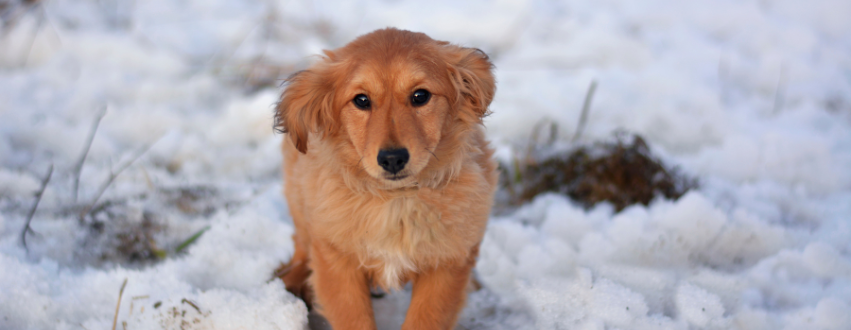
Keep Them Active Indoors
There may be some days that you don’t want to take your dog out - perhaps you don’t want to risk the snow or ice. In this case it’s important to keep your dog as active and exercised indoors as is possible. Keep them occupied with lots of toys. Puzzle games and interactive toys with a tasty treat element are perfect for these days. It’ll keep their brain stimulated and boredom levels low.

Don’t Leave your Dog Unattended in the car
Just as you wouldn’t leave your dog in the car on a sweltering hot day in the Summer, you shouldn’t leave them alone in a vehicle in the Winter either. Temperatures can drop quickly in cold weather. Even if your dog is wearing a coat, it’s not suitable to leave them alone for long.
Winter Safety Tips for Cats
Keep Your Cat Warm and Dry
It may seem obvious, but keeping your cat as warm as possible is your number one priority. If you have an outdoor cat, you might want to limit their outdoor adventures, especially after dark.
Be Wary of Antifreeze
Anti freeze is extremely toxic to cats and many other wildlife and can be fatal if ingested. Be careful when using it, spray sparingly and try not to spill it anywhere. Store such products in a safe place and clean any spillages immediately. If you notice your cat vomiting, drinking more often or breathing abnormally with a high heart rate, it could be sign that they’ve ingested antifreeze. In this case seek veterinary advice immediately; it’s imperative that they are treated as soon as possible.
Check Your Car in the Morning
Cats seek warmth in the winter and it’s not unusual for them to crawl under car bonnets and wheel arches. Tap your bonnet in the morning before you drive to startle any hiding neighbourhood cats before you drive off.
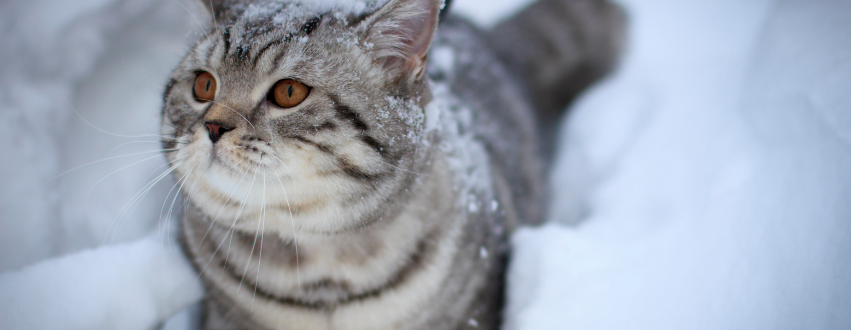
Provide them a litter tray
You should ideally provide your cat with a litter tray all year round, even for outdoor cats who prefer to toilet outside. A litter tray will give them somewhere safe to relieve themselves when it isn’t possible of safe or convenient to go outside.
Keep Them Away From Hot Things
This may sound counter productive, but hot fires and stoves are equally as dangerous as the snow outside. Never leave your cat alone around open fires or any other burning hot implement such as candles or hot radiators. They need to keep warm, but in a safe controlled environment.
Provide lots of indoor Activities
Indoor cats will probably have a plethora of toys around them anyway, but it’s really important to offer the same to outdoor cats in the coldest months. If you’re going to keep your outdoor cat inside more often, giving them mental stimulation is a must. Plenty of toys and scratching accessories will make sure they don’t get bored and allow them to exercise indoors.
Provide Outdoor Shelter
Ensure your cat has somewhere to retreat if they do get caught outside in inclement weather. It may be fine when you let them outside, only for it to snow an hour later. Make sure there is somewhere in your garden that they can get to keep as warm and dry as possible.
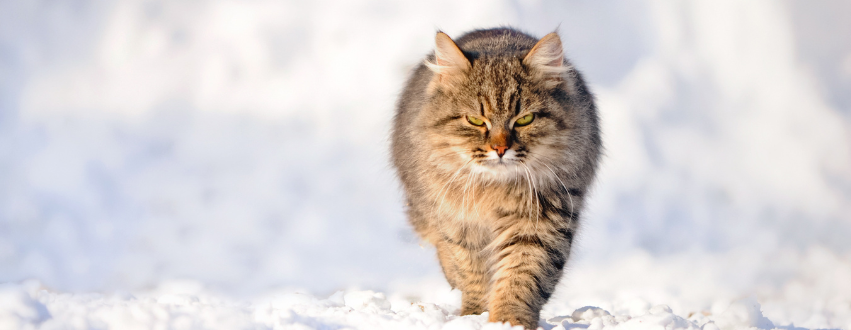
Fresh Water
Many outdoor cats prefer to drink outside. If this is the case, make sure you clean out the bowls on a regular basis and ensure they’re not frozen over. Provide water bowls inside as well, so that they always have access to fresh water.


